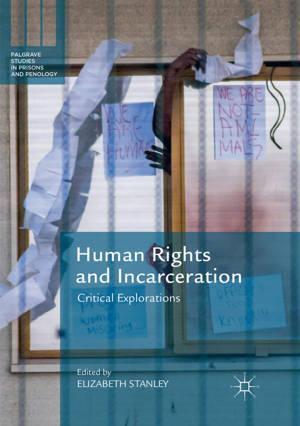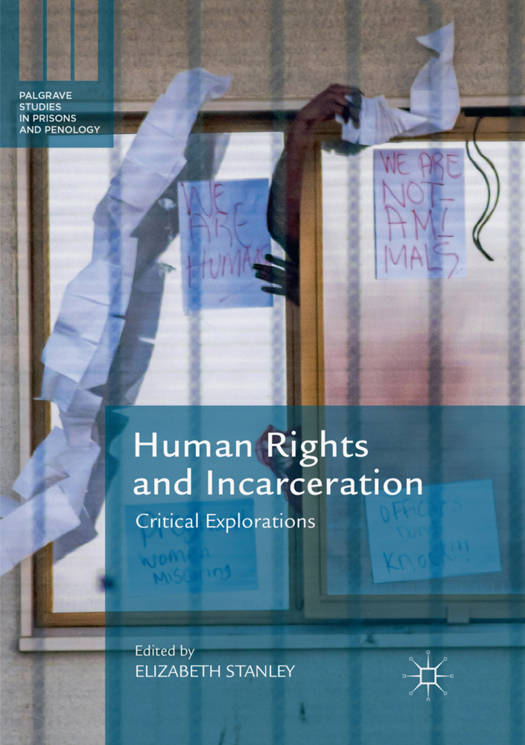
- Retrait gratuit dans votre magasin Club
- 7.000.000 titres dans notre catalogue
- Payer en toute sécurité
- Toujours un magasin près de chez vous
- Retrait gratuit dans votre magasin Club
- 7.000.0000 titres dans notre catalogue
- Payer en toute sécurité
- Toujours un magasin près de chez vous
Human Rights and Incarceration
Critical Explorations
34,95 €
+ 69 points
Description
Explores human rights, social justice and incarceration using comparative case material from UK, Australia, NZ and Canada
Examines groups that are disproportionately affected through incarceration: indigenous populations, children, women, those with disabilities and refugees/'non-citizens'
Analyses how human rights are secured for those incarcerated e.g. community activism, media engagement and UN collaboration
Presents an opportunity for a more hopeful vision of human rights and incarceration
Spécifications
Parties prenantes
- Editeur:
Contenu
- Nombre de pages :
- 311
- Langue:
- Anglais
- Collection :
Caractéristiques
- EAN:
- 9783030070281
- Date de parution :
- 25-01-19
- Format:
- Livre broché
- Format numérique:
- Trade paperback (VS)
- Dimensions :
- 148 mm x 210 mm
- Poids :
- 390 g

Les avis
Nous publions uniquement les avis qui respectent les conditions requises. Consultez nos conditions pour les avis.





